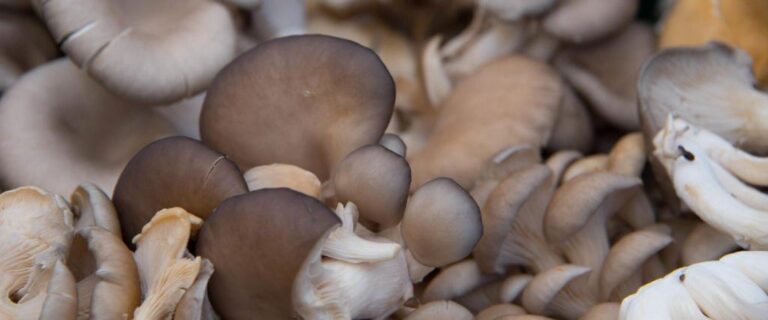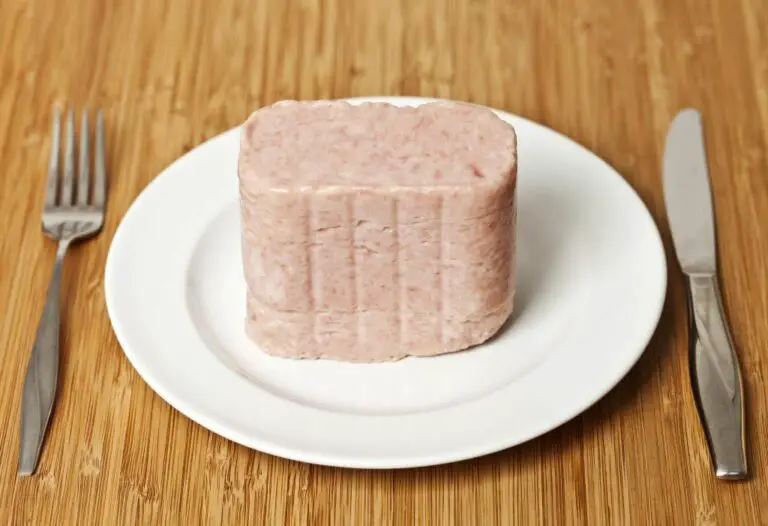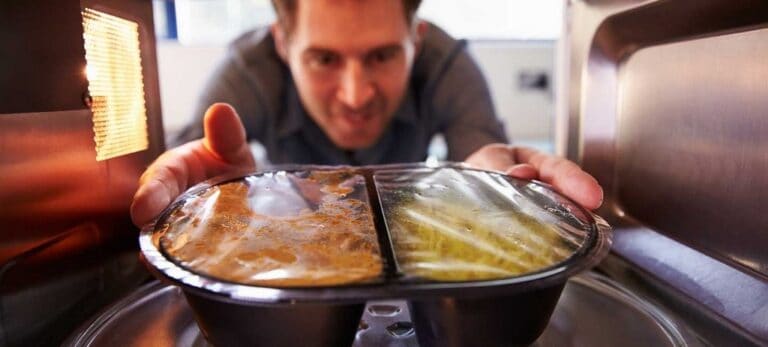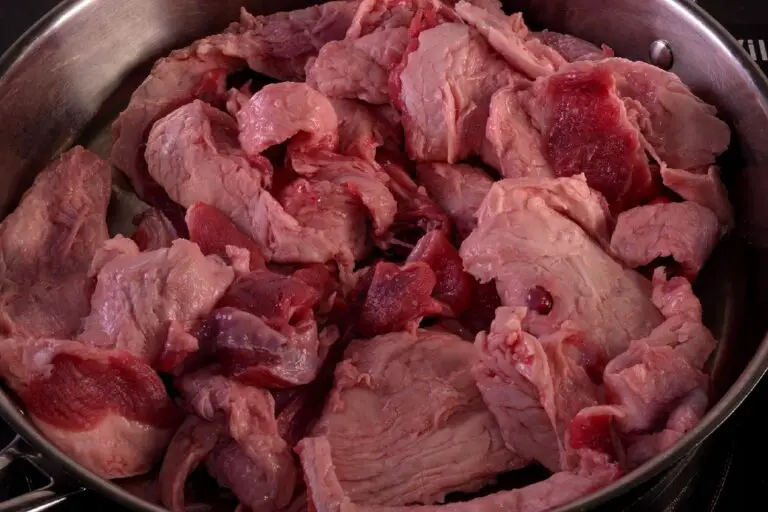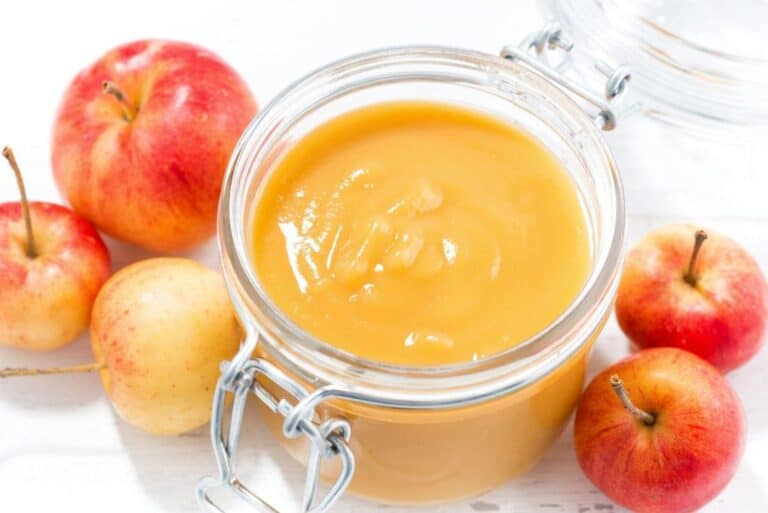Why Does Bottled Water Taste Bitter? Solutions for Weird Bottled Water

In a world where bottled water is our trusty companion on scorching summer days, grueling workouts, or simply as a convenient refreshment, it can be perplexing when that first sip doesn’t match our expectations. Instead of the pure, neutral taste we anticipate, we sometimes encounter an unexpected twist—a strange bitterness, an odd aftertaste, or just an overall weird flavor.
So, what’s the deal with bottled water occasionally taking on this peculiar persona? It’s a question that’s crossed the minds of many, and we’re here to dive deep into the crystal-clear mystery.
Join us as we embark on a journey through aquifers, filtration processes, and mineral compositions. We’ll unravel the chemistry between water and its plastic vessel, explore the impact of environmental factors, and even touch on the role of individual sensitivity.
By the end of this odyssey, you’ll not only understand why bottled water sometimes tastes off-kilter but also gain a newfound appreciation for the science behind your daily hydration.
The Popularity of Bottled Water
The surge in the popularity of bottled water can be attributed to several key factors. First and foremost, it’s the sheer convenience that bottled water offers. In our fast-paced lives, having a portable, readily available source of hydration is a game-changer.
Whether you’re commuting, working, or enjoying outdoor activities, bottled water is easy to grab and go. Its ubiquitous presence in vending machines, stores, and even online makes it incredibly accessible.
The perception of purity is another driving force. Many consumers believe that bottled water, often sourced from pristine locations and sealed in a clean, transparent container, is inherently safer and cleaner than tap water. Even though tap water in many regions is rigorously regulated and tested, the notion of purity associated with bottled water remains a potent draw.
Additionally, the bottled water industry’s clever marketing and branding strategies have played a substantial role. They’ve successfully connected their products with the idea of a healthy, active lifestyle.
The availability of various types of bottled water, including still, sparkling, and flavored varieties, caters to a wide range of tastes and preferences. These factors collectively contribute to the enduring popularity of bottled water, despite concerns about its environmental impact.
Why Does Bottled Water Taste Bitter?
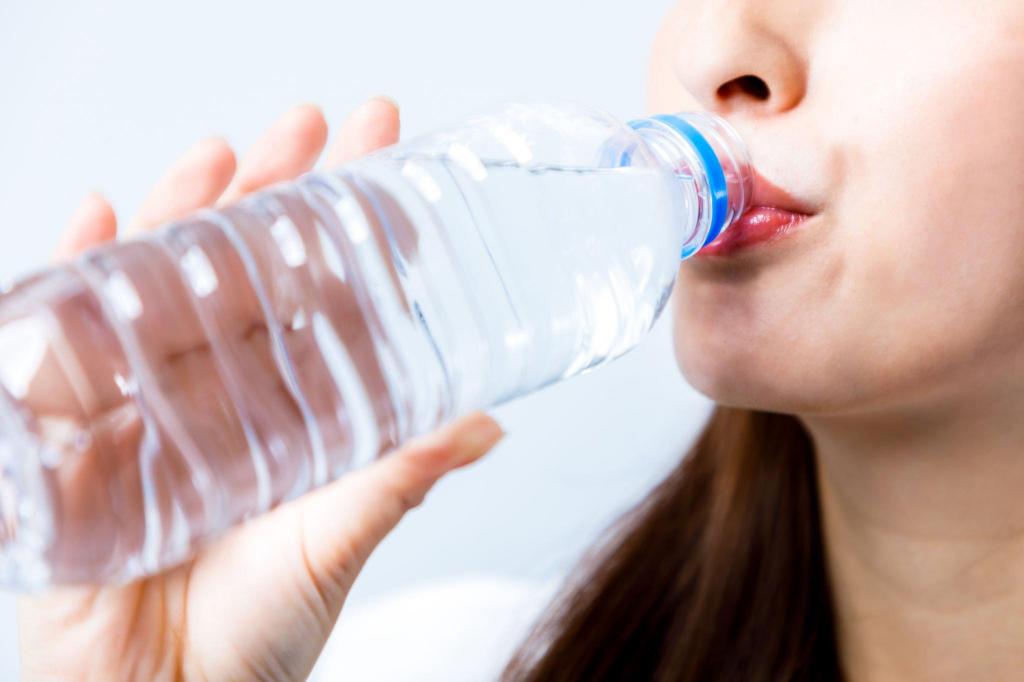
1. The Source Matters
The taste of bottled water largely depends on its source. Natural spring water, sourced from underground aquifers, often has a distinct, crisp taste due to the minerals it picks up from the geological formations it passes through.
On the other hand, purified water, typically obtained through processes like reverse osmosis, can taste flat because it lacks those natural minerals.
Table 1: Common Sources of Bottled Water
| Water Source | Characteristics |
| Natural Spring Water | Mineral-rich, crisp taste |
| Purified Water | Lacks minerals, neutral |
| Artesian Well Water | Naturally filtered, clean |
| Distilled Water | Highly purified, no taste |
2. Mineral Content
Minerals in water can significantly impact its taste. Bottled waters often contain varying levels of minerals such as calcium, magnesium, and potassium. These minerals can give the water a subtle sweetness or a slightly bitter taste, depending on their concentration.
For instance, high levels of calcium and magnesium can lead to a more alkaline taste, which some people might perceive as slightly bitter. Conversely, water with a lower mineral content may taste milder and less bitter.
Table 2: Common Minerals Found in Bottled Water
| Mineral | Taste Effect |
| Calcium | Mildly bitter |
| Magnesium | Mildly bitter |
| Potassium | Slightly salty |
| Sodium | Slightly salty |
| Chloride | Slightly salty |
3. Packaging Matters Too
Believe it or not, the container your bottled water comes in can also influence its taste. Plastic bottles, in particular, can sometimes impart a faint plastic-like taste to the water, especially if the water has been stored for an extended period. This is due to the interaction between the water and the food packaging, like plastic.
If you’ve ever left a plastic water bottle in a hot car and then tasted the water, you may have noticed a more pronounced plastic taste. This is because heat can accelerate the release of chemicals from the plastic into the water.
4. Environmental Factors
Environmental factors, such as the location and climate where the water is bottled, can also affect its taste. For instance, water sourced from regions with high mineral content in the soil may have a naturally higher mineral content, resulting in a taste that some people might find bitter.
Additionally, the temperature and humidity during the bottling process can influence the water’s flavor. Extreme temperatures or changes in atmospheric conditions can sometimes alter the taste of the water during production and storage.
5. Bacterial Growth
Sometimes, the weird taste in bottled water can be attributed to bacterial growth. Although bottled water is generally treated and purified before packaging, there’s always a slim chance that some microorganisms may survive or multiply during storage if conditions aren’t ideal.
To prevent this, bottled water manufacturers use various sanitization methods and additives to ensure the water remains safe to drink. However, in rare cases, a bacterial presence can lead to an off-putting taste or odor.
6. Storage and Expiration Dates
Like any consumable product, bottled water has an expiration date. Drinking water that has exceeded its shelf life can result in an unpleasant taste. The water might not necessarily be harmful, but it may taste flat, stale, or even slightly off.
Always check the expiration date on the bottle before purchasing, and be sure to store your bottled water in a cool, dry place away from direct sunlight and extreme temperatures to maintain its freshness.
7. Exposure to Sunlight
Have you ever left a water bottle in your car on a sunny day only to find it tastes peculiar when you finally take a sip? Sunlight exposure can indeed affect the taste of bottled water. The UV radiation from sunlight can promote the breakdown of compounds in the water, leading to subtle changes in flavor. This is why it’s advisable to store your bottled water in a cool, shaded place.
8. Personal Sensitivity
Lastly, individual taste sensitivity plays a significant role in how we perceive the taste of water. What tastes weird or slightly bitter to one person may be entirely acceptable to another. Our taste buds and preferences vary, making it a subjective experience.
See also: Why Does Sparkling Water Taste Bitter? Discover the Causes!
Solutions for Weird Taste Bottled Water
If you are experiencing a weird taste in your bottled water, there are several solutions you can try to improve the taste:
- Filter your tap water: Instead of buying bottled water, you can filter your tap water to remove impurities and improve the taste. You can use a simple jug filter or invest in a whole-house filtration system.
- Add flavor: You can add natural flavors to your water to make it taste better. Some popular options include lemon, cucumber, mint, and ginger.
- Boil your tap water: Boiling tap water for several minutes can help kill off bacteria, viruses, parasites, and other contaminants that may be causing an unpleasant odor or taste.
- Clean your water bottle: If you are using a reusable water bottle, make sure to clean it regularly to prevent bacteria buildup that can cause a weird taste.
- Try a vinegar or lemon juice solution: You can try soaking your water bottle or reservoir in a boiling vinegar and water solution or lemon juice and water solution to remove tastes.
- Avoid plastic bottles: Plastic bottles can sometimes give water a strange taste. Instead, store your drinking water in a glass or stainless steel container.
By trying these solutions, you can improve the taste of your water and avoid the weird taste that comes with some bottled water.
Is Bottled Water Safer to Drink Than Tap Water?
Determining whether bottled water is safer than tap water isn’t a straightforward answer. Safety largely depends on the source, treatment, and regulation of the water. Both bottled and tap water can meet stringent quality standards when appropriately managed.
Tap water in the United States, for instance, is subject to strict regulations enforced by the Environmental Protection Agency (EPA). Regular testing ensures that it adheres to health standards. However, in some areas, tap water may contain trace amounts of contaminants. Bottled water, on the other hand, is regulated by the Food and Drug Administration (FDA) and has its own set of quality standards. While bottled water can come from various sources, including natural springs or municipal supplies, it’s essential to research the specific brand and its source.
In essence, the safety of your drinking water depends on where you live and the quality of the water treatment and distribution. Whether you choose bottled or tap water, awareness of your water source and the relevant regulations is key to making a safe choice.
In Conclusion
The source, mineral content, packaging, and storage conditions of bottled water can all affect how it tastes. While some people might notice a bitter or weird taste in certain bottled waters, others may not perceive any difference at all. It’s essential to remember that taste is subjective, and what matters most is finding bottled water that suits your palate and meets your hydration needs.
So, the next time you take a sip of bottled water and find it tasting a bit off, consider the factors mentioned above, and you’ll have a better understanding of why your water might taste bitter or weird.
FAQs on Weird Taste in Bottled Water
Why does bottled water taste like plastic?
Bottled water can taste like plastic due to a process called leaching, where chemicals from the plastic container can subtly dissolve into the water, especially when exposed to heat or prolonged storage.
Can sunlight affect the taste of bottled water?
Yes, sunlight can alter the taste of bottled water. When exposed to UV rays, some compounds in water can break down and create off-flavors or odors, giving the water an unusual taste.
How can I make bottled water taste better?
Enhance the taste of bottled water by chilling it, adding a slice of citrus fruit or a splash of fruit juice, or using a water filter to remove impurities.
What are the health effects of strange-tasting bottled water?
Strange-tasting bottled water is generally harmless. However, unpleasant tastes might deter you from drinking enough water, which could lead to mild dehydration.
How can I differentiate between natural minerals and contaminants in bottled water taste?
Conduct a taste test; natural minerals might impart a subtle sweetness or earthy taste, while contaminants could result in unpleasant or metallic flavors. Trust your palate, but also check the water’s source and testing results if you’re concerned.
Are there any sustainable alternatives to traditional bottled water packaging?
Yes, sustainable options like reusable stainless steel or glass bottles, and water filtration systems, can help reduce the environmental impact of single-use plastic bottles while ensuring safe and great-tasting water.

